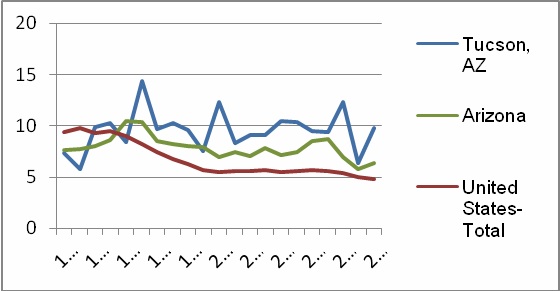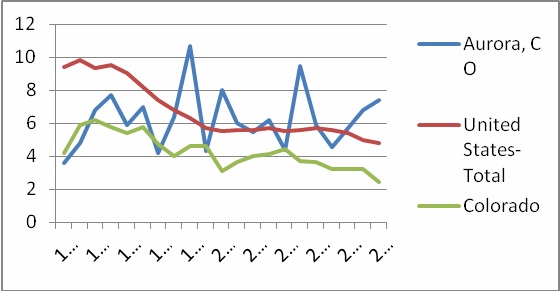Aurora and the dangers of disconnect
- By He Shifei
 0 Comment(s)
0 Comment(s) Print
Print E-mail China.org.cn, July 23, 2012
E-mail China.org.cn, July 23, 2012
In the early hours of Friday July 20, a gunman wearing a gas mask rampaged through a theatre in suburban Denver in the United States, killing 12 and wounding 59.
The 24-year-old suspect, James Holmes, used a rifle to open fire at the audience who had come to watch the premiere of the new Batman movie. Holmes, who last month withdrew from the neuroscience PhD program at the University of Colorado in Denver, walked into the theatre at around 12:30 a.m. fully protected in "ballistic gear", as described by local police officials.
Aurora, Colorado, where the shooting took place, is a city with a population of about 325,000, and is located towards the northeastern corner of the American Southwest. It is also, amazingly, only a half-hour drive away from where the shocking Columbine High School shootings happened in 1999.
When they happen, these mass shootings always seem to catch us off guard, and many of them, including the Columbine shooting spree in Littleton, Colorado, the 2007 Virginia Tech massacre in Blacksburg, Virginia, and today's Aurora killings, thrust relatively unheralded small towns into the media spotlight. While the public and the politicians vow for stricter gun controls, I can't help wondering how we can prevent such incidents from rocking communities in future.
Public security is not just about daily neighborhood police patrols. After all, in Aurora, a survivor said that the heavily-armed gunman walked "casually" into the theatre, where he then threw two smoke-emitting devices down the aisles before shooting randomly into the audience. There must have been so many opportunities during this time when the shooter could have been stopped, or at least, spotted. But unfortunately, he was not spotted or stopped. Similarly, I wonder how similar bloody incidents between residents and their local governments in small Chinese towns.
Were these incidents the result of neglect, with these small towns being treated as invisible and unimportant as politicians in the U.S. were busy campaigning in the more "important" states, while their Chinese counterparts were proudly focusing on the country's political and economic engines? However, the unexpected is always that unexpected. A brief look at statistics from the FBI would show that many of these small towns where shooting sprees took place were not as "peaceful and friendly" as some media described. For instance, Tucson, Arizona, site of the 2011 mass shooting, and Aurora, Colorado, both had relatively high murder rates, often much higher than the national and state averages (So, the data lead us to another question: Why didn't state governments take better care of these problem kids? Analogously, for the "unforeseeable" conflicts which occurred in China's less developed areas, mistrust between local residents and government agencies was not accumulated in one day or triggered by a single crisis. Instead, we should ask, did the government officials communicate with their citizens about what was happening on their land? Did the local governments do a good job of promoting the local economy, and the education and welfare of their people? And if not, were citizens able to voice their opinions and hold those in power accountable?
Many people would say that incidents such as the Aurora shooting are unpredictable. However, there were signs, however small, if people were open to them. The young Aurora gunman dropped out of his PhD program, without any comment or reaction from his teachers, friends or anyone else in his life. His apparently sudden decision certainly sounds like it was the result of a problem which deserved greater attention.
Is a pressing personal problem of no importance to wider society if the person afflicted by that problem appears withdrawn and is not an immediate public danger? Put simply, do we care about our neighbors anymore?
There is long list of questions, for Aurora, for the local, state, and federal governments, for Holmes' parents, professors, neighbors, and for every one of us. Hopefully the families of the deceased can find peace and we can begin to find some answers – for the good of our communities.
Graphs: Murder Rates of Tucson and Aurora, 1990-2010


*Rates are the number of reported offenses per 100,000 population;
* National or state offense totals are based on data from all reporting agencies and estimates for unreported areas;
* Source: The FBI Uniform Crime Reporting Statistics.
The author is a Chinese freelance journalist currently living in the U.S. Her research interests include government, politics and policy studies.
Opinion articles reflect the views of their authors, not necessarily those of China.org.cn.





